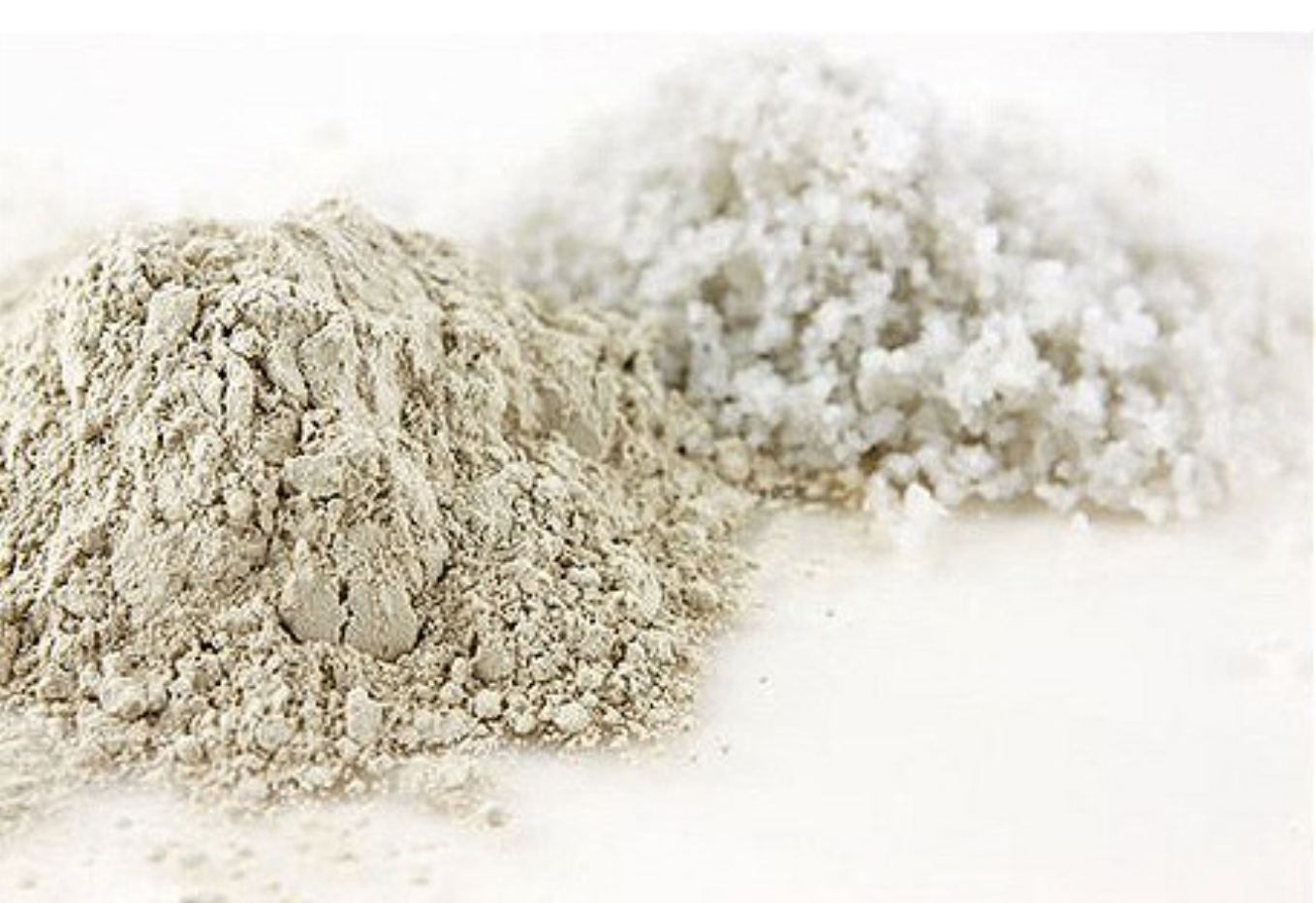Digital detox baths: are we finally ready to be cleansed of our tech addiction?
Smartphones in the bath, laptop in bed - it's no wonder we can't switch off and are turning to detox bath products for help. Josephine Fairley (a recovering Instagram addict) explains why we should all ditch our devices at the door
You know the world’s gone slightly nuts when we need a specific product to help us ‘detox’ from our gadgets. And not just any old product: one for the bath.
Pursoma’s Digital Detox Bath uses montmorillonate clay, so we’re told, to remove the positively charged radiation that accumulates in the body through using our laptops, mobile phones and other electronic devices. (It works, apparently, through a process of ‘ionic exchange' - whatever that might be).
Personally, I’m a massive fan of baths: a chance to unwind and recharge. I'm particularly fond of the command ‘relax for 15 minutes’ while applying a face mask – often the only quarter of an hour during the day when I can be persuaded to do just that. So any product that encourages us to put our gadgets to one side, however briefly, has to be a good thing, whether it can wash away our addiction, or not.
The thought of taking my device into the bath with me – as many of us do – is much too scary, especially since Apple have a clever way of knowing whether a dead phone was damaged by water. And I’m much too scared of dropping it in the bath – as I often do with a book – when I nod off, allowing my Aromatherapy Associates essential oils (or even my montmorillonate clay) to work their de-stressing magic.
The bathroom is sacred - surely?
Pursoma Digital Detox Bath. Photo: Pursomalife.com
Bathrooms surely ought to be sacred and immune to the reach of technology - never mind the loo. According to an ‘IT in the Toilet’ study carried out a couple of years back by US agency 11mark (yes, really), 750 out of the 1,000 mobile-phone users polled used their devices in the lavatory. While 87 per cent of Android-users and 77 per cent of iPhone users ‘fessed up to using their phones while completing, um, quite another type of business. (This isn’t just bad for our mental health: according to a UK-wide study by scientists from the London School of Hygiene and Tropical Medicine and Queen Mary University in London, one in six mobile phones is contaminated with E. coli bacteria.)
In truth, I’ve been on a bit of a digital detox myself, ever since hearing Arianna Huffington share her thoughts on the importance of switching off, to promote her book Thrive. The room was packed to the rafters with an audience at least 2,000-strong – and from their frantic nodding, it’s clearly an issue which is starting to concern more and more of us.
Having gone cold turkey on Pinterest after I found myself uploading pictures of cute rabbits and shabby chic interiors at 1.30 am - and having considered a 12-step programme for my Instagram habit - I'm conscious of how incredibly easy it is to become addicted.
So I’ve tried following Huffington’s advice - she doesn’t look at her phone, or any screen, after 9pm – and it’s had a near-miraculous impact on my sleep patterns. I’ve always been aware that looking at a bright screen late at night makes it harder to drift off. If you too have lain there with your mind whirring way past midnight, getting increasingly stressed about sleep’s elusiveness, I suggest giving it a go.
My bedroom door conundrum
Arianna Huffington: about to ditch her phone at the bedroom door. Probably. Photo: Amy Elkins
She goes one stage further and actually checks her digital devices at the bedroom (never mind the bathroom) door. I haven’t quite mastered that, since another integral part of my getting-to-sleep ritual actually involves an app on my phone (Banzai Brainwaves Sleep Cycle Tuner). It's become a bit of a grown-up Linus blankie: if I don’t have it pumping out its gentle ‘binaural’ rhythms (which apparently work on your actual brainwaves to regulate your internal clock), against a background of my chosen music (the New Age Al Gromer Khan’s Inner Witness, if you’re interested), I can have trouble sleeping even when I haven’t been looking at my devices, last thing.
The conundrum: I have to keep my iPhone handy, to use the App – so leaving it at the door isn’t going to work.
I actually think that Huffington’s book – and the Digital Detox bath powder, come to that – are the first signs of a sea-change in our attitude to technology. We're getting ready to cleanse ourselves (and not just by bathing). Over the next few years, more and more of us are going to be ‘uncoupling’ from our tech and finding ways of stopping it from ruling our lives.
My father-in-law (he’s American, he’s allowed) once had a bumper sticker that said, ‘Turn off TV, Turn on Life’ – which needs a tech-related makeover for the 21st Century. Or else we’ll find that life itself has passed us by, in the blink of an iPhone.


